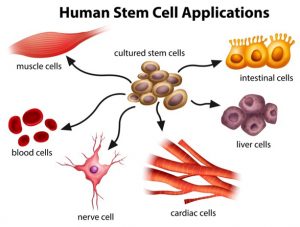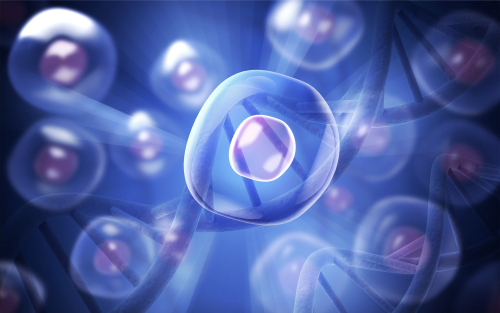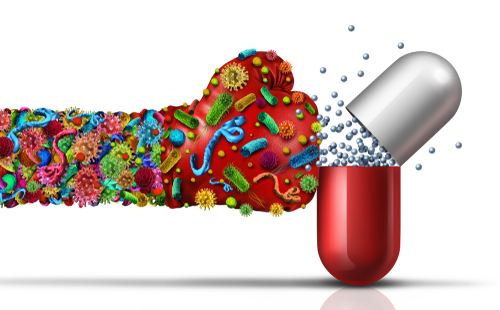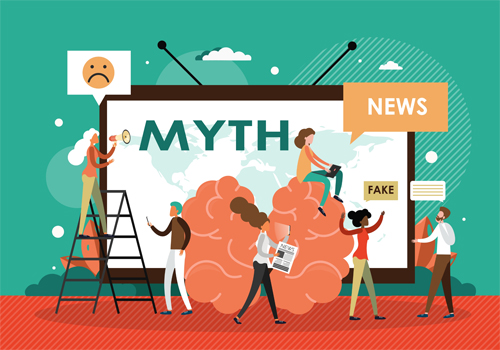WORDS LIM TECK CHOON
| FEATURED EXPERTS |
 DR LEE TJEN JHUNG DR LEE TJEN JHUNGConsultant Cardiologist National Heart Institute (IJN) |
 DATO’ DR RAJBANS SINGH DATO’ DR RAJBANS SINGHConsultant in Internal Medicine & Geriatric Medicine President of the Malaysian Wellness Society |
Stem cells are a unique type of cell in our body. This is because they are the only type of cells that can develop, under the right triggers and condition, into a variety of more specialized cells, such as blood cells, muscle cells, bone cells, and more.
HOW STEM CELLS ARE USEFUL |
|
THE 2 TYPES OF HUMAN STEM CELLS |
|
REGENERATIVE MEDICINE IS THE FUTURE?
Judging from the versatility of stem cells when used to produce of a variety of healthy human cells, regenerative medicine has obvious benefits for people whose tissues are damaged or dying due to diseases as well as people in need of tissue transplant.

Promising for treating heart diseases
Dr Lee Tjen Jhung, a cardiologist affiliated with the National Heart Institute (IJN), says, “While heart diseases are usually treated with medication, angioplasty and by-pass surgery, cell-based regenerative therapy is gaining popularity in the cardiovascular field due to the ability of mesenchymal stem cells to provide new blood in areas affected by restricted blood flow as well as promote the formation of new blood vessels.”
An answer to ageing-related health issues?
Dato’ Dr Rajbans Singh, the President of the Malaysian Wellness Society, points out that stem cells can play a crucial role in treating aging-related health problems.
He elaborates: “At birth, the human body has approximately 80 million active stem cells However, by age 40, less than 25 million active stem cells are functional. Ageing leads to a massive loss of stem cells in the body, affecting the ability of organs and tissues to repair and regenerate as the body gradually ages and deteriorates.”
Here’s a general, simplified overview of how the whole procedure works
- Stem cells are grown in a laboratory, and then manipulated to grow and specialize into a more specific type of cells (heart muscle cells, blood cells, etc)
- These cells are then implanted into the person that can benefit from this procedure, for example a person with heart disease could be implanted with heart muscle cells, injected into their heart
- These transplanted cells will then play a role in repairing and/or replacing the affected damaged tissue or organ of that person.
In reality, the procedure is not so straight forward, as there are many potential complications to take into account.
Nonetheless, the promise of regenerative medicine is too good to resist, hence researchers are continuously looking into creating and fine-tuning various procedures that can hopefully one day reduce or even replace our reliance on medications!
THE STEM CELL CONTROVERSY
There is considerable ethical debate on the use of stem cells that are sourced from fertilized egg cells or embryos that are donated for research.
These days, many centres that offer stem cell therapy claim to source their stem cells ethically—from the umbilical cords of young and healthy women after they have delivered their babies.
In Malaysia, the sourcing and processing of stem cells are governed by the Current Good Manufacturing Practices or cGMP, issued by the National Pharmaceutical Regulatory Agency (NPRA). You can view it here (link opens in a new tab).







